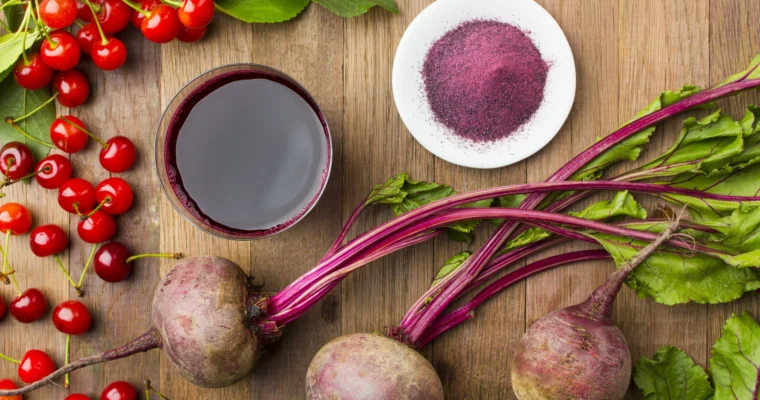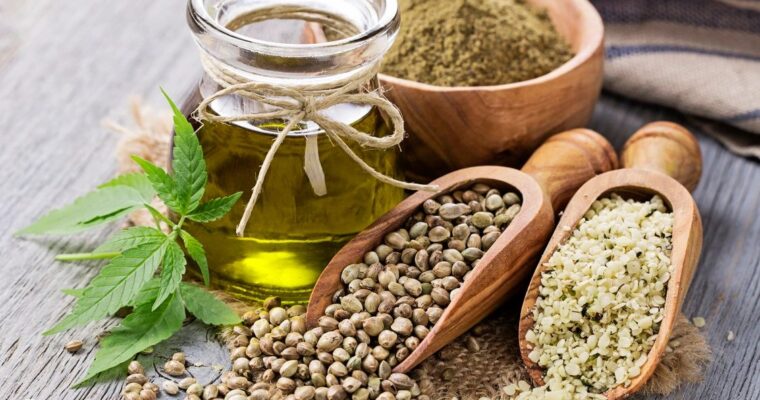Boosting Energy and Supporting Heart Health all with Ribose Complex
Dr. Claire Arcidiacono, ND
One of my favorite products for heart health is called Ribose Complex. This is an amazing and complete formula for keeping our heart healthy. Ribose Complex contains D-Ribose, Alcar, Malic Acid, DMG, Rhodiola, Coq10, Bromelain, Protease and Stevia.
Let’s start with D-Ribose. What exactly is D-Ribose or Ribose? Ribose is a type of sugar that is a part of ATP, which is the energy molecule our cells. What this basically means is that Ribose helps boost the energy in our cells. In fact studies have found that Ribose helps boost energy in the heart for those with coronary artery disease. Other studies have found that Ribose helps to increase the hearts energy after a heart attack. Ribose has also been found to improve heart function in those with congestive heart failure. Other studies have found Ribose can help the chambers of the heart to have enhanced function aka the heart works better. Lastly studies have found that Ribose improves overall heart function in those with heart disease.
Alcar is an amazing supplement you may have heard of for memory and brain health. But did you know it is also good for our heart health? Several studies show that L-Carnitine can help improve symptoms of poor circulation including peripheral vascular disease. Studies also show it can help with symptoms of angina. L-Carnitine has also been found to help decrease our risk of a second heart attack or the risk of heart failure after a first heart attack. Lastly, it has been found to help improve overall heart function in those with heart failure.
Our next item is called Malic acid. Studies have found Malic acid to be very protective of the heart when there is poor circulation. Sometimes when circulation is restored there can be damage to the cells. This is called reperfusion injury. Studies have found that Malic acid is very helpful in this situation. Other studies have found that Malic acid can be very helpful for heart disease.
DMG is another important ingredient in Ribose complex. DMG has been found to help improve heart function. Other studies have found that DMG can help with our cholesterol, triglycerides and even homocysteine.
The next item is a well-known herb called Rhodiola Rosea or just Rhodiola. Studies have found that Rhodiola is very helpful in improving heart health when there is reperfusion injury due to poor circulation or even when there is damage due to a heart attack. Rhodiola has also been found to help with arrhythmia as well as lowering blood fat. It has also been shown to lower the risk of blood clots. If you have listened to our radio show then you will know that this is a favorite of both Dr. Amanda Williams and Dr. Claire Arcidiacono!
Coq10 is one of the most recommended products for heart health. Studies have found that that those who started taking Coq10 within 3 days of a heart attack are less likely to have another heart attack or even experience chest pain. For those who have congestive heart failure according to studies Coq10 may help with the symptoms. Several studies indicate that Coq10 may help lower high blood pressure. Other studies indicate Coq10 can help recovery after having heart surgery. I could go on and on but I think you can tell that Coq10 is a winner when it comes to heart health. In my clinical experience it is very helpful in people who are looking to help keep their heart healthy.
The next 2 items are Bromelain and Protease. These are both proteolytic enzymes. This type of enzyme in general may be helpful for the heart because they have an ability to fight against clots. You can image them acting like packman eating up the clots.
Lastly we have Stevia. Interestingly stevia is very good for our heart. Stevia is interesting because studies show it is good at lowering LDL and increasing HDL! Any item that helps with our cholesterol is important for our overall heart health.
Overall, I find Ribose Complex to be an amazing formula for overall heart health. It is important to keep our heart healthy before we have a problem. Very often we get calls that start with “I have a family history of heart disease”. In that case I reach for Ribose Complex first since it contains so many ingredients to help our heart. Additionally, since it is a powder it is very easy to use. It can be mixed in water, juice and even smoothies! Don’t make smoothies? That’s fine! It can also be used in things such as applesauce or even yogurt.
Our next topic will be congestive heart failure, also known as a “weak heart”
Sources
1. https://www.webmd.com/vitamins-and-supplements/ribose-uses-and-risks
2. https://www.healthline.com/nutrition/d-ribose#TOC_TITLE_HDR_4
3. https://www.mountsinai.org/health-library/supplement/carnitine-l-carnitine#:~:text=Some%20small%20studies%20suggest%20that,other%20studies%20show%20no%20benefit.
4. https://www.researchgate.net/publication/237057825_The_Cardioprotective_Effects_of_Citric_Acid_and_L-Malic_Acid_on_Myocardial_IschemiaReperfusion_Injury
5. https://blog.davincilabs.com/blog/what-is-dmg-and-7-common-uses
6. https://www.ahajournals.org/doi/10.1161/ATVBAHA.113.301714#:~:text=Dimethylglycine%20is%20linked%20to%20lipid,patients%20with%20coronary%20artery%20disease.
7. https://www.ncbi.nlm.nih.gov/pmc/articles/PMC8898776/
8. https://www.mountsinai.org/health-library/supplement/coenzyme-q10#:~:text=Some%20researchers%20believe%20that%20CoQ10,and%20act%20as%20an%20antioxidant.
9. https://www.nature.com/articles/185624a0#:~:text=Proteolytic%20enzymes%20in%20general%2C%20but,of%20the%20enzyme%20is%20used.
10. https://www.healthline.com/health/food-nutrition/stevia-side-effects







